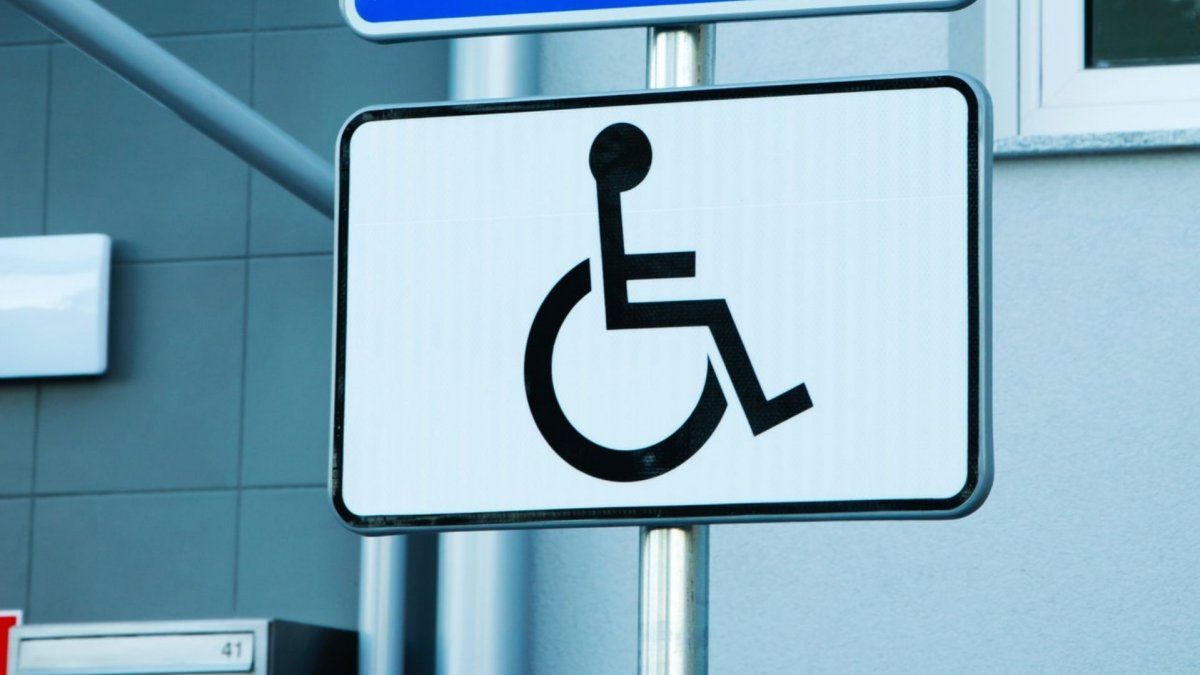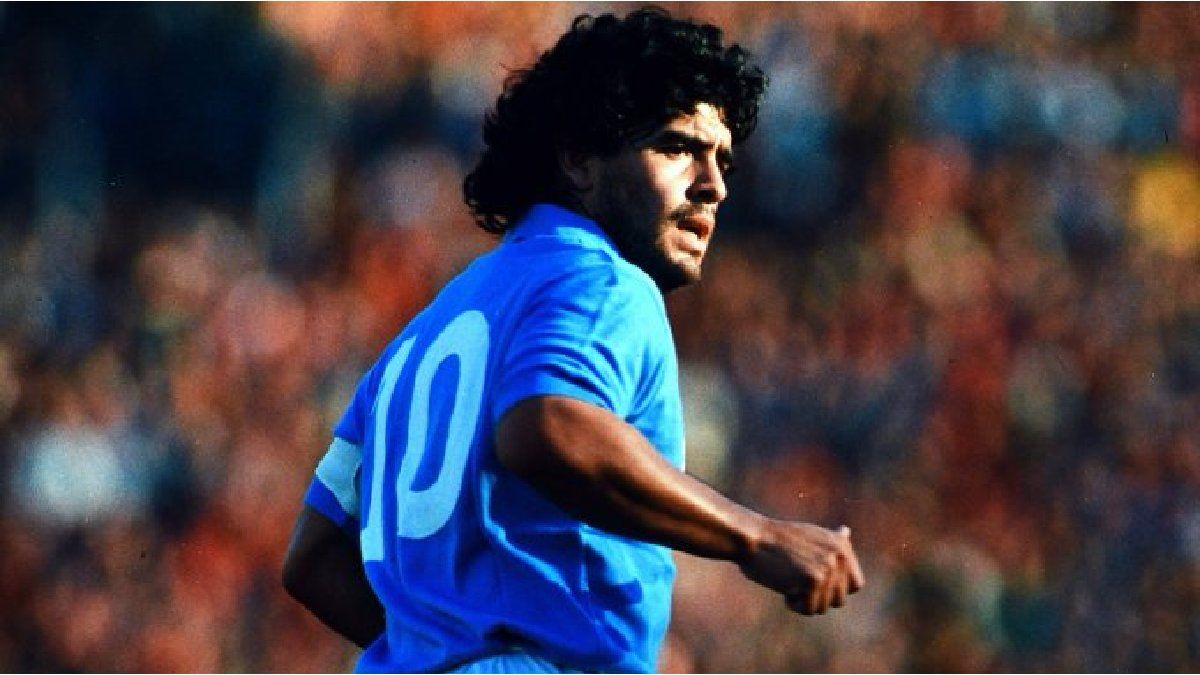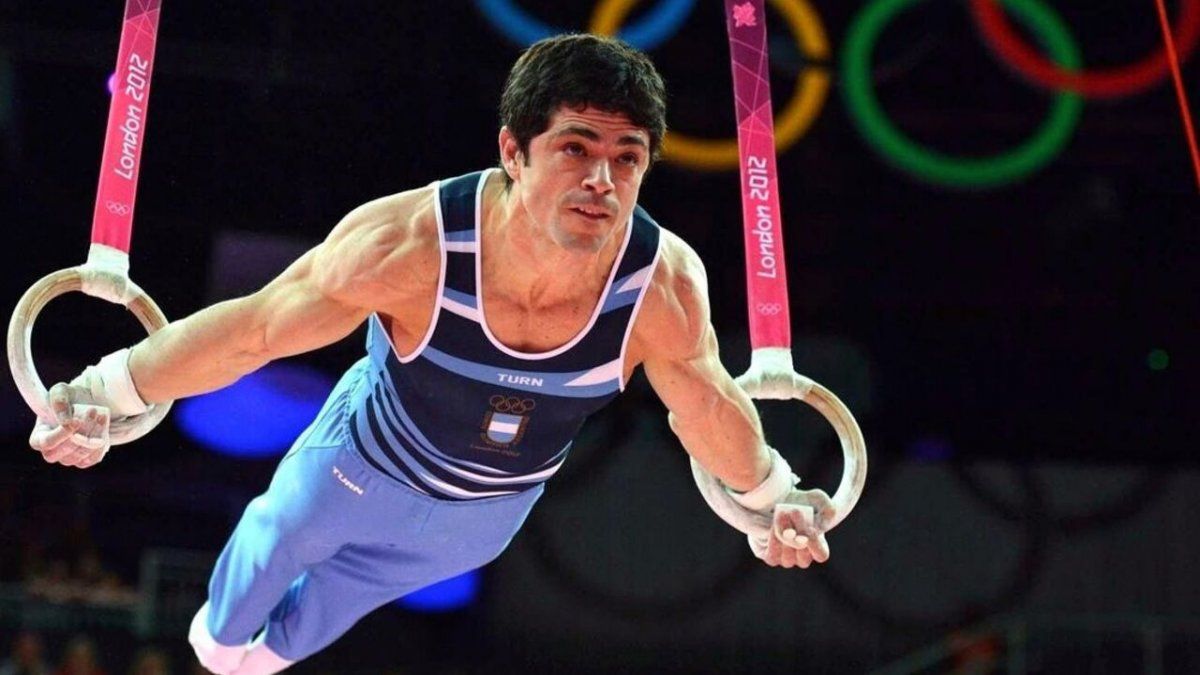In this sense, their very curiosity can help us if we understand that discrimination and exclusion towards other children is only the result of what they see and learn. For this reason, our role as educators is fundamental, as it is our responsibility to inculcate, promote and emphasize diversity in pursuit of new generations that are respectful of differences, empathic and free of stereotypes. We cannot forget that behind every child who asks there is an adult who must answer.
talk at home
Not only is it essential to be attentive to recurring questions and concerns such as “why does it look like this?” or “what does he have?” but it is also important to address and normalize inclusion in the home. What is not discussed or discussed does not exist and therefore ceases to be everyday and comes to represent something “extraordinary”.
It is also important to take advantage of the curiosity of children who most of the time are free from prejudice and full of innocence, since this characteristic is a great opportunity that we have to educate and open doors towards inclusion. For this reason, it is key that adults worry about avoiding perpetuating an image of a “normal” or “ideal” boy or girl, since there are as many types of childhood as there are girls and boys in the world.
Use materials and toys that promote diversity
The ways of playing are varied and are not predetermined, but there are as many ways as children in the world. When it comes to encouraging children to be more inclusive and respectful of people with disabilities, we can often resort to play as a tool using games, toys and materials that have recently promoted diversity (for example, dolls with different body characteristics , tales and stories that speak of inclusion)
Highlight the value of sharing
It is important that children with and without disabilities can relate and interact and adults are responsible for emphasizing this issue and making it possible. Games and toys can collaborate with this through proposals that invite interaction, but it is also necessary to encourage participation through different activities at home to encourage boys and girls to get involved with those with disabilities. Being able to meet them is what will help them realize their wealth.
Facing doubts and questions
Not avoiding the situation of questions and facing it naturally, without taboos, creativity and ingenuity is necessary if we bet that all children can feel included. On this path, knowing diversity and enriching it from an early age is essential so that they can be more inclusive, strong and supportive not only in their childhood with other children but also in their adulthood. That children embrace differences, without a doubt, will collaborate so that all human beings, from childhood, feel part of society on equal terms.
be the example
We know that children learn from parents and relatives who accompany them in the process of their upbringing. They copy, imitate and their actions are based on those actions and attitudes that they see in their day to day, for example, when they go hand in hand with their mother or father on the street, in a supermarket or when they listen to conversations.
A true inclusive education and fostering supportive, empathic and respectful children of diversity is a challenge as well as a responsibility that every adult and educator must assume. A responsibility that invites us to build not only a more inclusive present but also a future with equal opportunities and possibilities. In this sense, considering that raising respectful children who embrace diversity and do not reject it is a challenge that, from their place, each one must assume as soon as possible and from early childhood, not only to promote and build an inclusive present, avoiding forms of aggression, bullying and harassment, but for a future in which all people can have the place they deserve in society whatever their condition. All this is part of the inclusive education to which we want to aspire.
Influencer on issues of inclusion and disability (@shinebrightamc)
Source: Ambito




